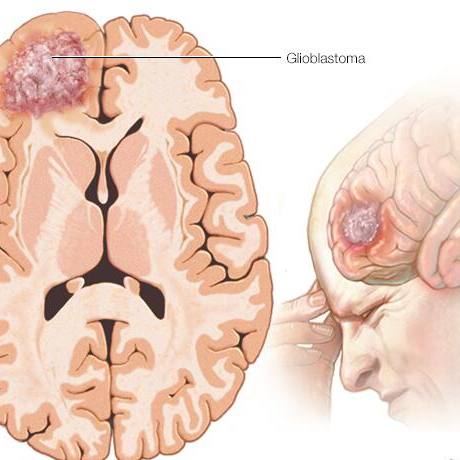-
Research
Potential Aging Therapies Expand With Preclinical Finding
Mayo researchers are leading the way in identifying new concepts for healthy aging. While drugs that remove "zombie" cells are in clinical trials, a new concept in preclinical research provides another lead. Mayo Clinic researchers and their collaborators are investigating an enzyme that extended life span and health span in mice. Their results are published in Aging Cell.
"Aging is the No. 1 risk factor for almost all diseases of mankind," says Eduardo Chini, M.D., Ph.D., a Mayo Clinic anesthesiologist and researcher who is senior author on the paper. "We treat diseases of aging as isolated entities. However, it is likely that many have common mechanisms related to the factors that cause aging in the first place." Dr. Chini is part of the Robert and Arlene Kogod Center on Aging at Mayo Clinic.
If the mechanisms that drive the biological process of aging are understood, it is possible that clinicians could treat that process instead of individual diseases, he says. Dr. Chini and his team are focused on one potential mechanism: an enzyme called CD38 and its effect on a vitamin B precursor that the body makes into the molecule NAD+, or nicotinamide adenine dinucleotide.
"CD38 increases with aging," explains Thais Ribeiro Peclat, M.D., Ph.D., a researcher in Dr. Chini's lab and the primary author on the paper. "This increase is largely responsible for lower NAD+ levels we see with aging, and lower NAD+ contributes to the aging phenotype."

The team began investigating the effects on life span and health in mice when CD38 is blocked. Some mice followed a control diet, while others ate a diet enriched with a drug that inhibits CD38, and therefore should boost NAD+ levels. Life span to illness and overall function, including frailty, muscle function and metabolism, were assessed throughout the study. The researchers found in 1-year-old mice that the animals treated with the drug were healthier for longer, and they lived longer. Compared to controls, median survival of the treated group was about 10% longer.
"We were surprised by the robust effect on the longevity and health span, including insulin signaling. Furthermore, we were surprised by the gender dependence of the effects that were more pronounced in male mice," says Dr. Peclat.
The males treated with the CD38 inhibitor lived at most about 136 days longer, compared to male controls. Drug-treated female mice lived 25 days longer than their control. Both sexes were better at maintaining exercise performance, and had less frailty and better body composition, compared to controls. But the male mice treated with the drug had improved levels of insulin resistance, compared to younger mice.
"This is the first study to show the potential of a CD38 inhibitor to increase life span and health span," says Dr. Chini. "Many other studies need to be done, but this fundamental discovery has the potential to advance the aging field."
The team plans to investigate other mechanisms related to how the drug works and clarify the safety profile for this potential use. In addition to Drs. Chini and Peclat, authors affiliated with Mayo Clinic — currently or when this research was undertaken — are Katie Thompson; Gina Warner; Claudia Chini, Ph.D.; Delaram Mazdeh; and Mariana Tarragó.
Chunlian Zhang, Jose Zavala-Solorio, Ganesh Kolumam, Yao Wang and Robert Cohen are co-authors from Calico Life Sciences, which sponsored this research. Other funders include the National Institute on Aging, the Diller Family Foundation, and the Glenn Foundation for Medical Research. For conflict of interest statements, see the full paper.
Mayo Clinic and Dr. Eduardo Chini have a financial interest related to the drug referenced in this article.
— Sara Tiner







